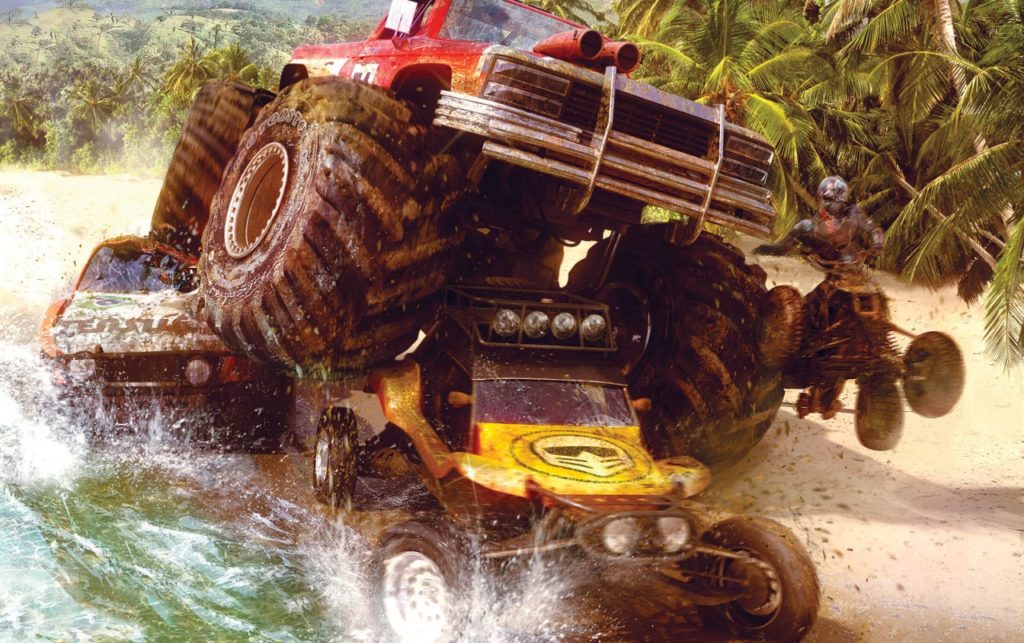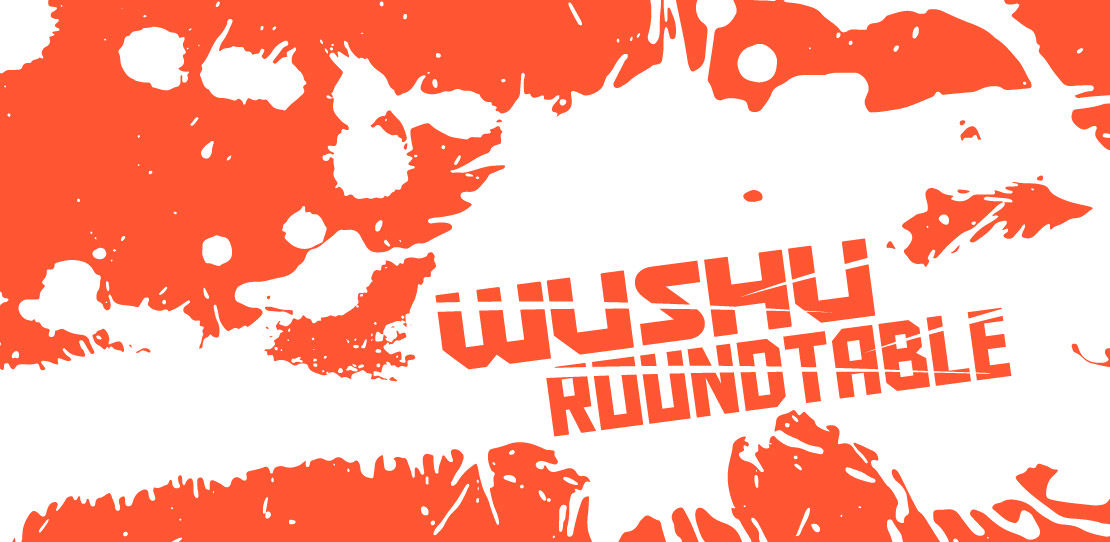Wushu Roundtable with Design Director Nigel Kershaw
Hi everyone!
We’re starting a few new initiatives here at Wushu Studios that you’ll be seeing on our site and social channels very soon. In this segment we call Wushu Roundtable, we get the chance to pick apart the brains of our team members and discuss all kinds of topics. From the most rewarding parts of their job to the toughest, experiences on past projects, viewpoints on the games industry and more, we want to share insight from our own crew and deliver those to you in a fun and informative format!
In this roundtable we sat down with our design director Nigel Kershaw, who’s been waist deep in video games for upwards of 30 years. It was a challenge pulling him away from Dungeons & Dragons for a spell, but we managed.
Nigel, thanks for taking some time out of your schedule to chat!
Happy to do it!
A lot of responsibilities lie on your shoulders as the Design Director here at Wushu Studios. What does that role mean exactly?
We are a small studio, so on a day to day basis I wear many hats. Primarily, I spend my time directing our ongoing projects; basically writing design briefs, abstracting these down to jobs which are spread amongst the team, then assessing what gets produced and suggesting changes and iterations. I also help develop concepts, pitch our ideas to potential partners, handle the time and resource issues of making games, water the plants and I’m the dungeon master in our weekly games of D&D.
Your D&D prowess is indeed impressive. You’ve been working in games for three decades in a ton of roles, including being Game Director on MotorStorm Pacific Rift. That’s quite a while to be in any field! Games have changed in so many ways for consumers since then. How’s game design different today versus…say, 20 or 30 years ago?
Game design has changed immensely in the past three decades. Modern games are increasingly more complex beasts with many moving parts. If I were to pick one significant change it would be the rise of off-the-shelf engines, such as Unreal. Its major benefit is that it saves small studios like ours a lot of time and effort that would have otherwise gone into developing the important, but mundane systems. We can make killer games with much smaller teams! More importantly is that with the rise of visual scripting, designers can get their hands dirty with building game-play rather than just defining it. Why write a lengthy design document for someone else to interpret, when you can just as easily prototype mechanics and systems yourself.

As a career choice, do you feel game design is more or less accessible today than it used to be for anyone interested?
In some ways game design is a much easier career path than it used to be. You are no longer just the ‘guy who knows about games but can’t really code or draw very well’. This goes back to the engines we use. Learn Unreal and you can make a game without any outside help! However, you still need the ‘soft’ skills to make it as a designer – creativity, insight, a solid grounding in game theory, and a voracious appetite for drawing inspiration from the wider world. It’s not good enough to just like games… you have to try to understand why people like games.
What are some of the first steps you take when drafting an early design brief or document?
Once I have an initial idea for a concept I try to think about (and document) the verbs for a game… what does the player do? It’s very easy to get bogged down with story and context, but these are traps to lure the unsuspecting designer to their doom…
Are there any aspects to early concepting that you feel are crucial?
The most important thing to remember when prototyping a concept is that ideas are cheap. What seems like the hook for a fantastic game in your head is just a half-formed, idealized picture of a great game hook. It only becomes great when you implement it, test it, rework it, scrap it, rethink, rework and so on…don’t get too precious. Don’t chase the picture in your head…modify it to conform to what reality is telling you.
Is there a particular space that excites you the most in gaming today (AAA, indie, VR, etc)?
Indie. There’s some great AAA games out there, but they are increasingly becoming homogenous and somewhat “samey” (especially when you’ve played as many games as I have!). VR is interesting, but I just can’t bring myself to get all the gear out and clamber into it for less than an hour of gameplay. A quart of salt water is an easier way to make yourself feel sick :wink:. Not all indie games are equal of course and there’s a lot of tripe, but it is the only place where there is still plenty of true innovation, great ways of telling interactive stories and just plain weirdness…gets me every time.
How does being being a part of a much smaller, agile team here at Wushu compare to larger AAA teams of the past?
Big development teams have their place and are an essential part of making AAA games, but they can be somewhat soul destroying after a while. Leading a giant development team is like steering a supertanker – change doesn’t happen quickly! Small teams are more agile, it’s easier (and cheaper) to change direction, make mistakes and take risks. It’s also easier to remember everyone’s name!
Having worked on so many titles over the years, what’s the most fun you’ve ever had on a project?
Most fun on a project? That’s got to be the reference trips for the MotorStorm games I worked on…hooning ’round the desert in dune buggies or flying over volcanoes in helicopters are definitely career highlights.
Most challenging?
Again, MotorStorm, more specifically the first one. Developing an original spin on motor racing, as a launch title, on hardware (PS3) that was only finalized a few months before we were due to release, across a stinking-hot summer with no air conditioning in a packed office with a team twice the size than what we had on our previous game was…difficult.
Favorite breakfast?
Full-English fry up with extra black pudding. Yes… congealed blood sausage. The food of the gods.
Sounds…uhh, delicious. Blood sausage sounds like a good place to wrap things up for now. Thanks for carving out some time for the chat, Nigel!
My pleasure!
Thanks for tuning in and checking out our first segment of Wushu Roundtable. Be sure to keep an eye on our social channels on Twitter, Instagram and Facebook for more upcoming fun initiatives from us. Until next time!
____________________________________________________________________________________________________________________________________________
Nate Najda
Communications Manager

